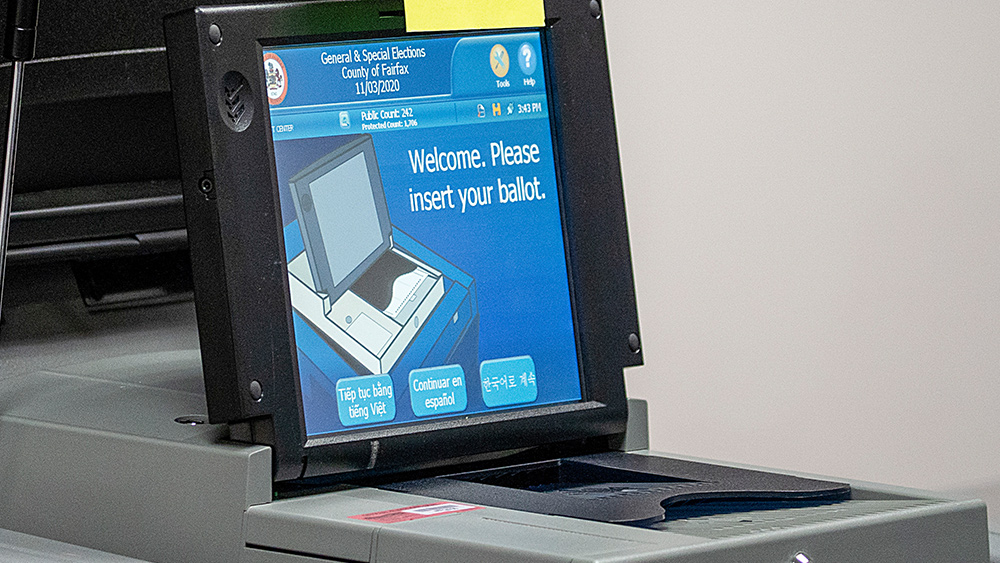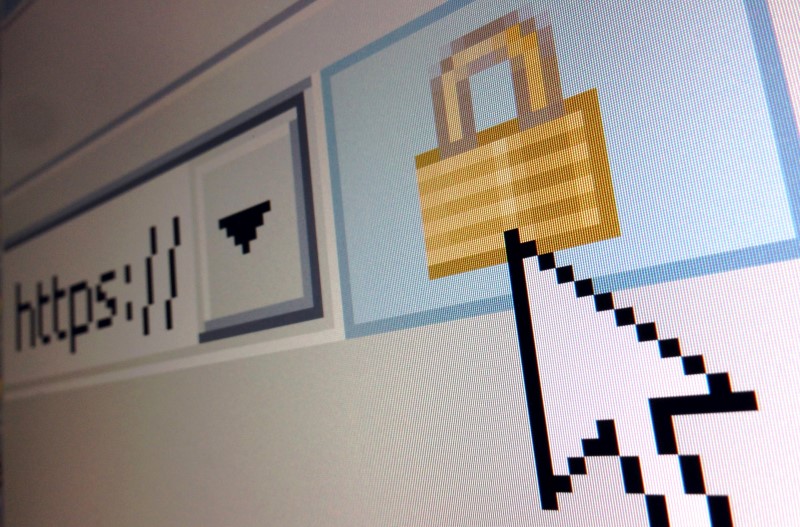Anthropologists warn that people have become so attached to smartphones that the devices are “becoming our homes”
05/16/2021 / By Arsenio Toledo

A group of anthropologists from the U.K.’s University College London (UCL) came to the conclusion that humans have become so dependent on smartphones as part of everyday life that these mobile devices are “becoming our homes.”
This is the conclusion the UCL anthropologists reached as part of a study that spent more than a year documenting smartphone use in nine countries around the world, including Japan, China, Brazil, Ireland and Cameroon.
The study found that smartphones are no longer just devices people can use for leisure or utility. “It’s become the place where we live,” said Daniel Miller, a professor of anthropology specializing in “digital anthropology,” smartphones and social media.
“The flip side of that for human relationships is that at any point, whether over a meal, a meeting or other shared activity, a person we’re with can just disappear, having ‘gone home’ to their smartphone.” (Related: The miserable generation: Smartphones make children unhappy, screen time should be limited to 2 hours per day, study finds.)
Miller, the study’s lead author, said smartphone use was leading to a phenomenon he called the “death of proximity.” This phenomenon is putting an end to face-to-face interaction among all age groups. It is also causing frustration, disappointment and leading to people being extremely offended at smartphone addicts for not focusing on the people in front of them.
“We are learning to live with the jeopardy that even when we are physically together, we can be socially, emotionally or professionally alone.”
Messaging apps may be causing the “death of proximity”
Miller and his team were not able to find a specific cause for the death of proximity, but they believe messaging apps are the leading suspects.
They have called these apps the “heart of the smartphone” because they represent perhaps the most important phone feature for many smartphone users across most regions. He listed several examples of such messaging apps, like WhatsApp for Brazilian smartphone users, WeChat for people in China and LINE for those in Japan.
The researchers believe that the messaging apps are helpful for people to connect with other members of their family. Siblings can communicate and organize regarding taking care of their elderly parents. Grandparents can stay in touch with their distant children and grandchildren. Parents can send updates regarding the growth of their own kids to other members of the family.
Miller and his team focused their study on older adults. They did this despite knowing that the youth are more “natural users” of smartphones because it helped them remove the demographic niche from the equation.
Despite this narrowing of focus, the researchers still found that people around the world still consider their smartphones to be regarded similarly to other basic necessities.
“The smartphone is perhaps the first object to challenge the house itself – and possibly the workplace – in terms of the amount of time we dwell in it while awake,” said Miller.
He and his team described the effect of being “at home” while using the smartphone as a “transportal home.”
“We are always ‘at home’ in our smartphone. We have become human snails carrying our home in our pockets.”
Being at home anywhere so long people have their smartphones may seem like a comfort, but the researchers observed that this transportal home should not always be considered a refuge.
The researchers gave two examples: An employee who has to remain in contact with work even after leaving the workplace, and a child bullied at school who is unable to find respite through coming back to his or her online home. These instances can lead to significant stress and mental health concerns, especially if people are unable to detach themselves from their smartphones.
“The smartphone is perhaps the first object to challenge the house itself in terms of the amount of time we dwell in it while awake.”
Despite this concern regarding excessive smartphone use, Miller cautioned against adopting an overly negative view of these devices.
“The smartphone is helping is create and recreate a vast range of helpful behaviors, from reestablishing extended families to creating new spaces for healthcare and political debate,” said Miller.
The anthropologist believes that examining the many different uses, contexts and downsides of extended smartphone use is the only way people can fully understand its consequences.
Learn more about the many different downsides that come with getting addicted to smartphones by reading the latest articles at Mind.news.
Sources include:
Submit a correction >>
Tagged Under:
addiction, apps, Cell Phone Dangers, cell phones, chat apps, computing, cyber culture, Glitch, mental health, messaging apps, Psychology, research, smartphone addiction, smartphone dangers, smartphone dependence, Smartphones, Social media, tech dependence, technology
This article may contain statements that reflect the opinion of the author
RECENT NEWS & ARTICLES
COPYRIGHT © 2017 GLITCH.NEWS
All content posted on this site is protected under Free Speech. Glitch.news is not responsible for content written by contributing authors. The information on this site is provided for educational and entertainment purposes only. It is not intended as a substitute for professional advice of any kind. Glitch.news assumes no responsibility for the use or misuse of this material. All trademarks, registered trademarks and service marks mentioned on this site are the property of their respective owners.



















